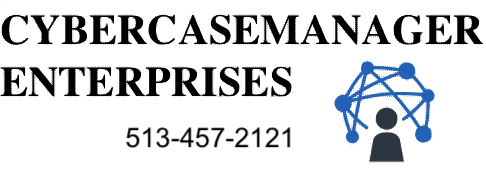What to do when knowledge is a core product deliverable
For some projects, knowledge is their most important deliverable, but how is that deliverable defined?
We are used to thinking of knowledge as an input for a project, but it is often an output as well. Projects can learn new things, and can create new knowledge for an organisation. Often we assume that this new knowledge will be transferred through the lesson learned system, but is that really enough?
Usually it isn’t, and instead a different approach might be better.
Lessons are increments of knowledge, usually identified after the event, at the end of an activity or a project stage. In an ideal world every lessons would be associated with an action, and each action would lead to the update of a best practice, a doctrine or a corporate standard. Lessons are usually captured in a team meeting such as a Retrospect.
However if a project is doing something new – something which has never been done before – then the standard lesson approach is insufficient. Rather than identifying and capturing the learning after the event, the organisation should identify the potential for learning at the start of the project, make sure resources are assigned to learning, and require the project to create a guideline, best practice or standard as a project deliverable.
Imagine an organisational project to set up the company’s first manufacturing facility in Asia – the first of many such plants in an expansion program. The project is expected to deliver a manufacturing plant with a certain production capability, and the success of the project will usually be measured by whether the plant is delivered on time, to quality and to budget. However the success of the program will be influenced by how mush knowledge is passed from the first plant to the others, and the value of this knowledge may be higher than the value of the plant itself.
Therefore the project can be given a second deliverable – to create best practice guidance documents, doctrine or first-pass standards on topics such as
- Doing business in that particular Asian country
- How to negotiate the bureaucracy
- How to obtain permits
- How to construct the plant efficiently and effectively
- How to recruit a skilled workforce
and many other topics. These deliverables should be managed through the project KM plan, and reported to management the same as other deliverables.
This set of knowledge deliverables could be given its own resources and its own workstream, in order to make sure that the knowledge is captured. Without this focus on knowledge, it is quite possible to get to the end of the project and find that no knowledge has been captured at all.
Tags: Archive, knowledge capture


Leave a Reply